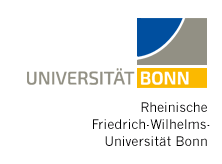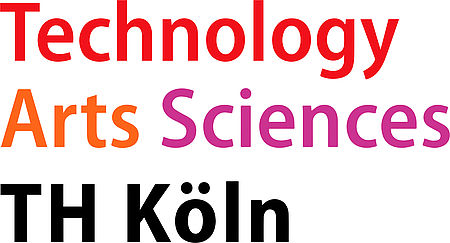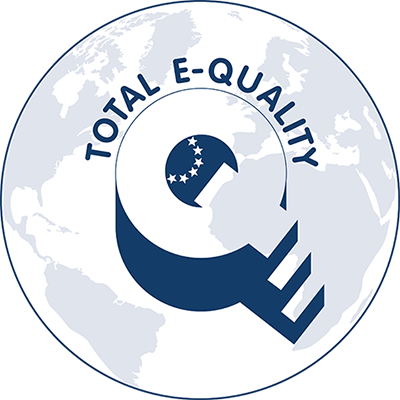Knowledge management in the life sciences
The Knowledge Management research groups develop methods of semantic retrieval, data integration and data analysis in the life sciences. The groups conduct research into innovative text mining methods and technologies for the semantic enrichment of publications based on the extraction of information from unstructured resources such as literature and clinical documents. One way the researchers seek to achieve this is by employing technologies for the metadata annotation of research data. The research groups also develop semantic services for text mining and research data management. These services – which include lookup platforms for terminologies and knowledge graphs – aim to make information and knowledge available for data analysis.
The groups´ research goals range from the development of standards and processes to the analysis of heterogeneous large data sets in the life sciences. To achieve these goals, the researchers employ methods and technologies from the areas of machine learning, knowledge graphs, big data, open linked data, text and data mining, and semantic search engines. The Knowledge Management research groups expressly support open science and open source software development.
The Knowledge Management research groups play a particularly important role in the development of Germany’s national research data infrastructure (NFDI). Professor Fluck heads up the NFDI4Health consortium, the national research data infrastructure for personal health data. The groups are also partners in the FAIRagro and Base4NFDI consortia. One of their main goals is to carry out research and development projects that aim to make data easier to discover and access – in other words, to make data ‘findable, accessible, interoperable and reusable’ (FAIR). To achieve this goal, ZB MED works with its NFDI partners in multiple areas, including developing new data search portals for NFDI4Health and FAIRagro, establishing appropriate data and metadata standards for data publishing and interoperability based on FAIR data principles, and developing software artefacts to support researchers.
Members of the research groups
Strategic head of the research group
- Juliane Fluck (Head of the department Knowledge Management - ZB MED / University of Bonn) further information
- Dietrich Rebholz-Schuhmann (Deputy Head of the department - ZB MED / University of Cologne) further information
Members
- Roman Baum (software engineer, ZB MED Bonn) further information
- Johannes Darms (research associate, ZB MED Bonn)
- Theresa Idda (project manager, ZB MED Bonn) further information
- Julia Sasse (research associate, ZB MED Bonn) further information
- Vera Clemens (research associate, ZB MED Bonn) further information
- Gabriel Schneider (research associate, ZB MED Bonn)
- Julian Schneider (research associate, ZB MED Bonn) further information
- Aliaksandra Shutsko (research associate, ZB MED Bonn)
- Lucia Vedder (research associate, ZB MED Bonn)
- Sandra Zänkert (PostDoc, ZB MED Bonn)
- Abanoub Abdelmalak (research associate, ZB MED Bonn) further information










